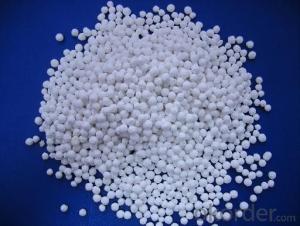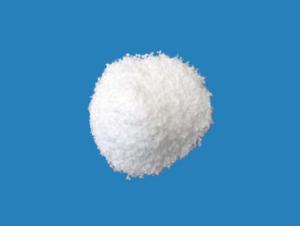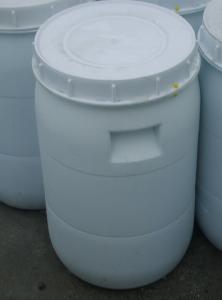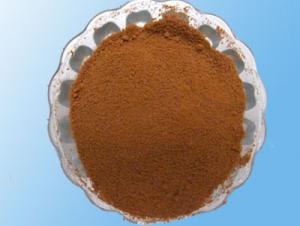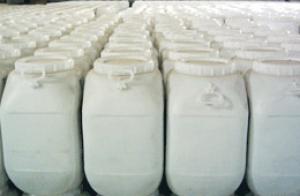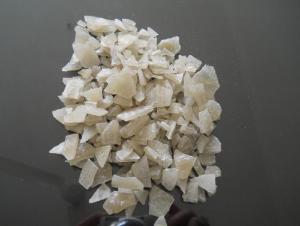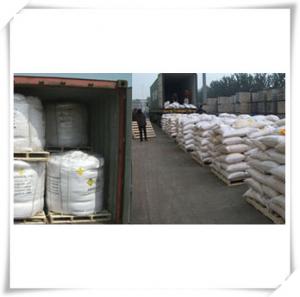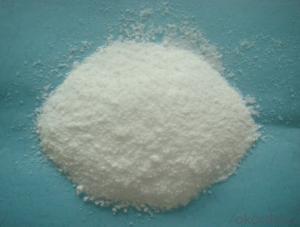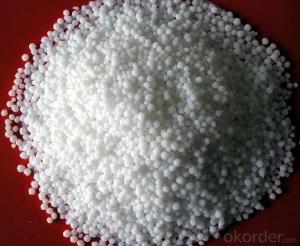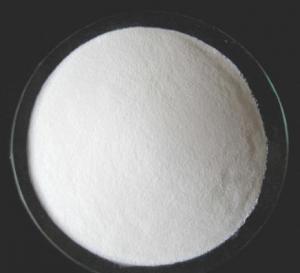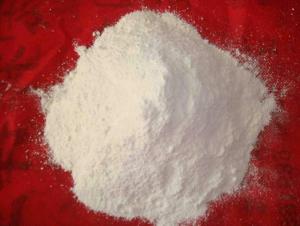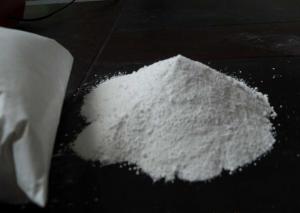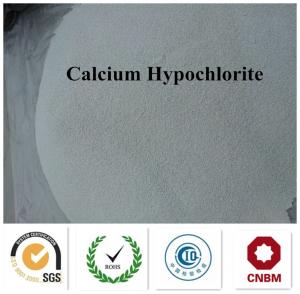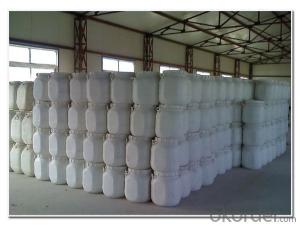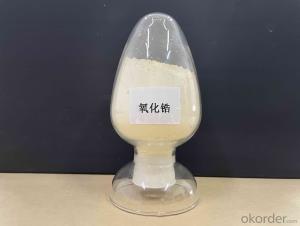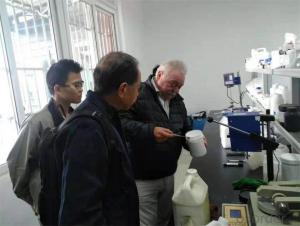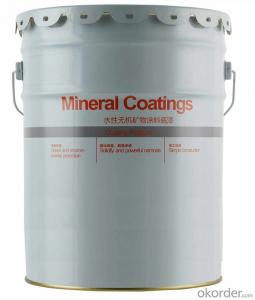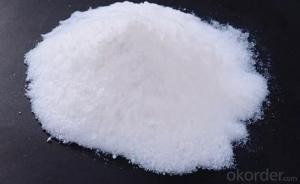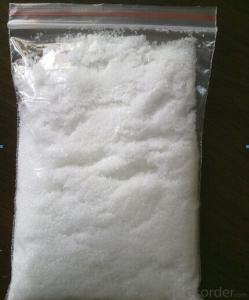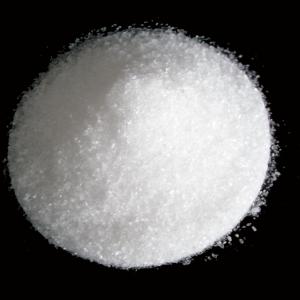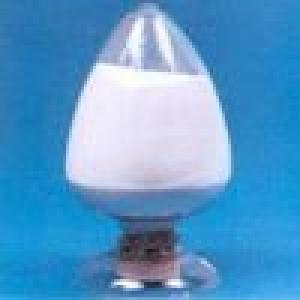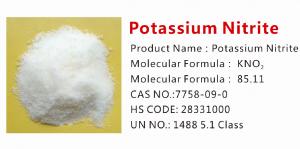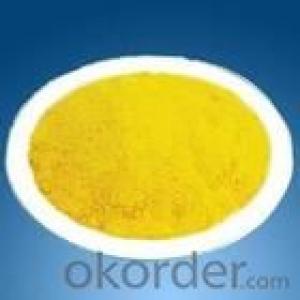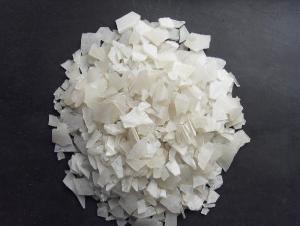Aluminium Sulphate for drinking water treatment
- Loading Port:
- Tianjin
- Payment Terms:
- TT OR LC
- Min Order Qty:
- 20 m.t.
- Supply Capability:
- 6000 m.t./month
OKorder Service Pledge
OKorder Financial Service
You Might Also Like
Aluminium Sulphate
Property:
It is white or grey flake,particle or massive crystallization.Apt to cake after moisture absorption when laid in air for a long time.A little green because of Fe2+ ,yellow when Fe2+ is oxided to Fe3+.Soluble in water easily,and water solution is acid.
Specification:
Item | Grande | ||
| Excellence | Grade A | Quality |
Apperance | White flake,lump,granular or powder | ||
Al2O3 % ≥ | 17.00 | 16.00 | 15.80 |
Fe % ≤ | 0.005 | 0.005 | 0.01 |
PH ≥ | 3.0 | 3.0 | 3.0 |
As % ≤ | 0.0005 | 0.0005 | 0.0005 |
Water Insoluble % ≤ | 0.1 | 0.2 | 0.3 |
Packing | PP/PE,50KG or 25KG/BAG | ||
Applications:
Water effluent treatment system It's used for purification of drinking water and wastewater treatment by settling of impurities by means of precipitation and flocculation.
Paper Industry It helps in sizing of paper at neutral and alkaline pH, thus improving paper quality (reducing spots and holes and improving sheet formation and strength) and sizing efficiency.
Textile Industry It is used for color fixing in Naphthol based dyes for cotton fabric.
Other Uses Leather tanning, lubricating compositions, fire retardants; decolorizing agent in petroleum, deodorizer; food additive; firming agent; dyeing mordant; foaming agent in firefighting foams; fireproofing cloth; catalyst; pH control; waterproofing concrete; aluminum compounds, zeolites etc.
Product Name:Aluminium sulfate
Molecular Formula:AL2(SO4)3
Hs Code: 2833220000
CAS Code:10043-01-3
Standard:HG2225-2010
Shape:flake, powder, 2-4cm lump and 2-5mm/3-8mm granular
Properties:There are two types,anhydrous aluminium sulfate and aluminium sulfate octadecahydrate. In normal condition , it is AL2(SO4)3·18H2O; AL2(SO4)3·14H2O after efflorescence, can be white powder , glittering flaky or crystalline flakes, odorless, sweet to slight bitter.
Use:Sewage Treatment, treatment of drinking water, Sizing of paper , Cement Additive.
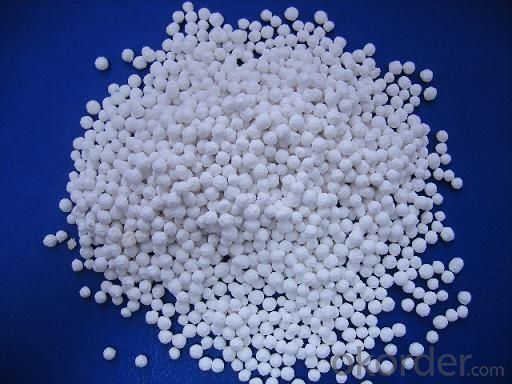
- Q:Is the inorganic salt the same as the saline?
- Inorganic salts are inorganic compounds in the tears, originally called minerals. A large number of elements are calcium Ca, phosphorus P, potassium Ka, sulfur S, sodium Na, chlorine Cl, magnesium Mg, trace elements iron, zinc, selenium, molybdenum, fluorine , Chromium, cobalt, iodine and the like.
- Q:Calcium is not an inorganic salt
- No, inorganic salts are compounds, calcium is simple. But the body of inorganic salts in the calcium content accounted for a larger proportion.
- Q:The difference between the ignition of inorganic salts and organic matter
- Calcium is an important part of bones. Calcium deficiency can lead to osteomalacia, osteoporosis and so on. China Nutrition Society recommended 18-50 adult calcium intake of the appropriate daily intake of 800 mg; 50 years old after the elderly taste 1000 mg. Common calcium-rich foods are milk, yogurt, oatmeal, sea cucumber, shrimp, wheat, soybean meal, soy products, lily and so on.
- Q:Is the conduction of excitement on neurons related to inorganic salts?
- Neurons, also known as nerve cells, constitute the basic unit of the nervous system structure and function.
- Q:What is the most important inorganic salt in plant growth?
- The inorganic salts required by plants are nitrogen, phosphorus and potassium containing inorganic salts, and if any lack of plants will affect the normal growth of plants, nitrogen is a component of many important organic compounds in the body, such as protein, nucleic acid, chlorophyll , Enzymes, vitamins, alkaloids and some hormones contain nitrogen. Nitrogen is also the basis of genetic material in all organisms, the most important protein, it is often in the center of metabolic activity.Now is to limit the growth of plants and the formation of the primary Factor. It also has a significant effect on improving the quality of the product.K2 is dissolved in the plant juice, and its main function is related to the metabolism of the plant.The content of phosphorus in the plant is second only to nitrogen and potassium, Phosphorus plays an important role in plant nutrition. Almost all important organic compounds in plants contain phosphorus. Phosphorus is involved in photosynthesis, respiration, energy storage and delivery, cell division, cell enlargement and other processes in plants.
- Q:Like the role of B, Fe, Mg, Ca, Mn, Cu, Cl, P, S, N ...., the more specific the better (college entrance examination range)
- Ca2 + is the animal bone and teeth (containing CaCO3) composition, and blood coagulation and muscle contraction has a regulatory role, if the content is too low, the animal will appear muscle twitch. K + is a variety of enzyme activator, for the plant starch and protein synthesis and animal nerve impulse conduction and muscle contraction also plays an important role. Fe is a component of hemoglobin and cytochrome, and iron-containing enzymes are indispensable when chlorophyll is formed in plants. Another example is Na + for animal heart beat, nerve excitement is indispensable.
- Q:What is the physiological function of inorganic calcium
- Maintain cell osmotic pressure and acid-base balance
- Q:What is inorganic salt? Lemon flavor, citric acid, is it an inorganic salt?
- Although the inorganic salt in the cell, the body content is very low, but the effect is very large, if the attention of diet diversification, eat less animal fat, eat brown rice, corn and other coarse grains, do not eat too much refined flour, Salt to maintain the normal level of citric acid is an important organic acid, also known as citric acid, no ...
- Q:What is the risk of low inorganic salt?
- Iodine content in the human body is much lower than 1/10000 is a trace element. Function iodine in the human body to participate in the formation of thyroid. In the protein, fat, sugar metabolism promote bio-oxidation and coordination of oxidation of phosphoric acid process, adjust the energy conversion. Promote the metabolism of sugar and fat, regulate the water and salt metabolism in the organization, promote the absorption and utilization of vitamins, activate many important enzymes, promote growth and development. Lack of disease adult iodine deficiency can cause goiter ⑴ fetal and neonatal iodine deficiency can cause minor illnesses. Typical cases endemic goiter and local minor illnesses. Excessive symptoms iodine goiter, iodine thyrotoxicosis. Supply Adult 150ug Pregnant woman 175ug 206 Emulsifier 200ug. Food source 海 seafood seaweed, seaweed, fresh fish, clam dry, clam dry, scallops, mussels hai sea cucumber, jellyfish, lobster, etc.
- Q:Are the inorganic salts mineral and they are soluble in water?
- Generally speaking, inorganic salts, including minerals, inorganic salts are not minerals. Some inorganic salts can be soluble in water and some can not, the vast majority of minerals do not dissolve in water, otherwise the rain on the rocks are not dissolved Is it gone?
1. Manufacturer Overview |
|
|---|---|
| Location | |
| Year Established | |
| Annual Output Value | |
| Main Markets | |
| Company Certifications | |
2. Manufacturer Certificates |
|
|---|---|
| a) Certification Name | |
| Range | |
| Reference | |
| Validity Period | |
3. Manufacturer Capability |
|
|---|---|
| a)Trade Capacity | |
| Nearest Port | |
| Export Percentage | |
| No.of Employees in Trade Department | |
| Language Spoken: | |
| b)Factory Information | |
| Factory Size: | |
| No. of Production Lines | |
| Contract Manufacturing | |
| Product Price Range | |
Send your message to us
Aluminium Sulphate for drinking water treatment
- Loading Port:
- Tianjin
- Payment Terms:
- TT OR LC
- Min Order Qty:
- 20 m.t.
- Supply Capability:
- 6000 m.t./month
OKorder Service Pledge
OKorder Financial Service
Similar products
New products
Hot products
Hot Searches
Related keywords
